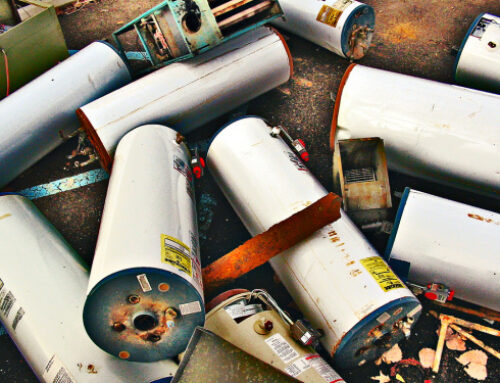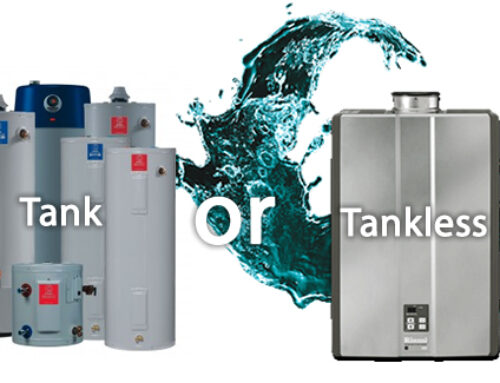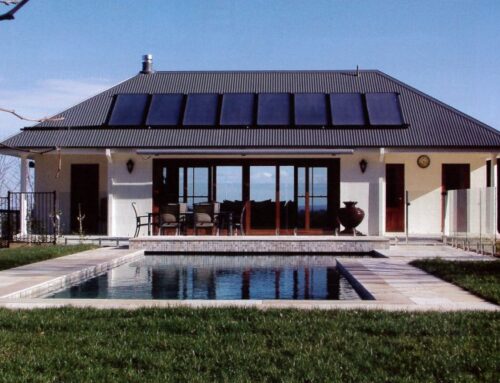When Should I Replace the Old Water Heater
A common question that many homeowners have is in regards to when they should replace their water heater. The answers, while quite plentiful, are simple to figure out. Consider a scenario where an individual slaps the off button on their alarm clock and rushes to the shower before they’re late for work. They quickly rinse their body and apply a thick lather of soap. Already in distress, their body immediately begins to shiver as the hot water runs cold. Apparently, the water heater has stopped functioning properly and it might be time to invest in a suitable replacement.
Water heater replacement can can vary in cost, but it is absolutely necessary when warranted.
One reason to replace the water heater could be that it is too small and lacks the capacity to adequately provide enough water for the number of occupants in a home. If a homeowner’s number of family members has increased, it is a good idea to purchase a larger heater. Simple mathematics dictate that the larger the household is, the quicker their hot water will diminish. If an in-law or another relative is going to make a person’s home their place of residence, the water heater issue should be addressed.
Likewise, water heater dimensions should be considered when a person plans to expand the diversity of their home appliances. For instance, by adding a standard dishwater, a water heater is forced to work overtime and is prone to any number of common mechanical failures. Dishwashers also use tremendous amounts of hot water. The same is true with the addition of washing machines. Fortunately, today’s society has adopted the trend of purchasing energy efficient appliances that minimize the need for hot water.
On the subject of energy efficiency, most modern water heaters have improved designs that accommodate thrifty households. Compared to their aging counterparts, new water heaters are built to specifications that help conserve the amount of energy used. Over time, the unit practically pays for itself due to the increased savings.
Models adhering to efficient energy codes are stamped with the government-appointed Energy Star Label, making them easy to identify. These particular models are preferred by families who aim to drastically cut down on their utility bills.
It is important for a homeowner to realize that water heaters have a relatively low lifespan, ranging from eight to twelve years. This is due to the fact that many mechanical components are highly corrosive. Check out “5 Tips To Get The Most Out Of Your Home Water Heater” to prolong the life of your water heater. While pipes and fittings can be repaired, it is suggested to replace outdated units entirely. Older models are likely to cause water damage due to inevitable leaks. Even a small leak can quickly cause very expensive damage to a home ranging from drywall issues, mold, floor damage, to major flooding.
Another obvious indicator that a water heater needs to be replaced is when it stops working completely. Some problems, whether internal or on the exterior, can’t be effectively repaired. Crafty individuals may be able to prolong their dying water heater’s lifespan but the fixes are purely temporary. A long list of safety hazards are presented when a broken water heater isn’t properly replaced. Owning a home is already a hefty commitment but keeping it operable requires periodic upgrades.






